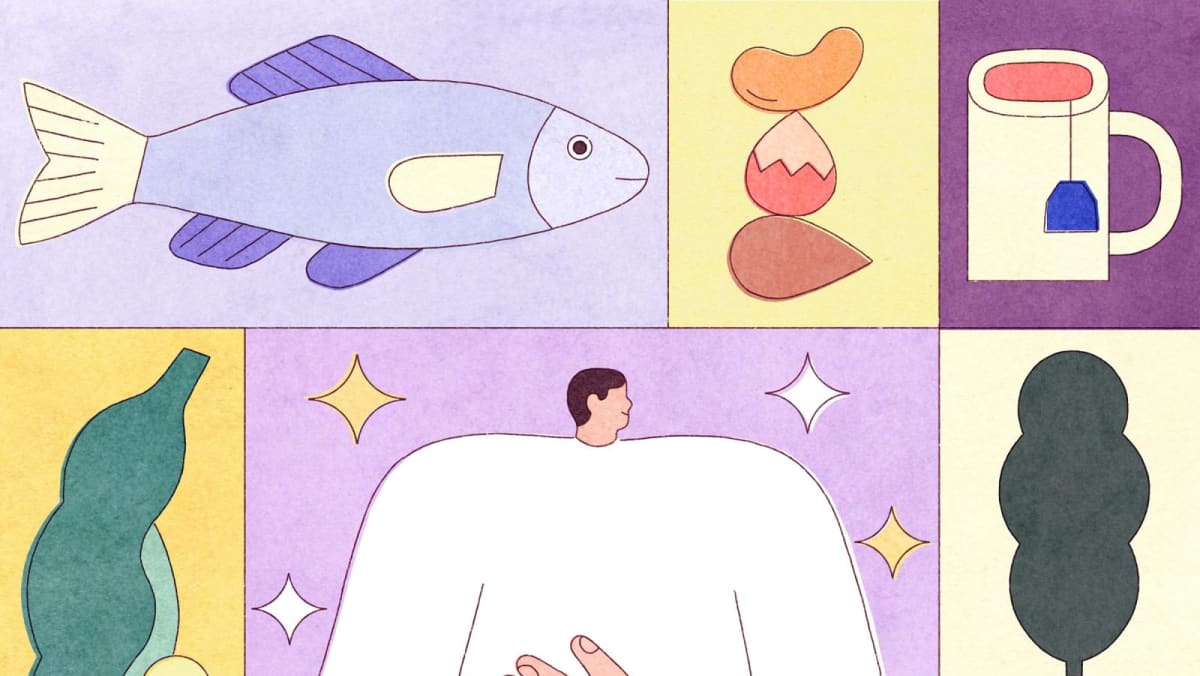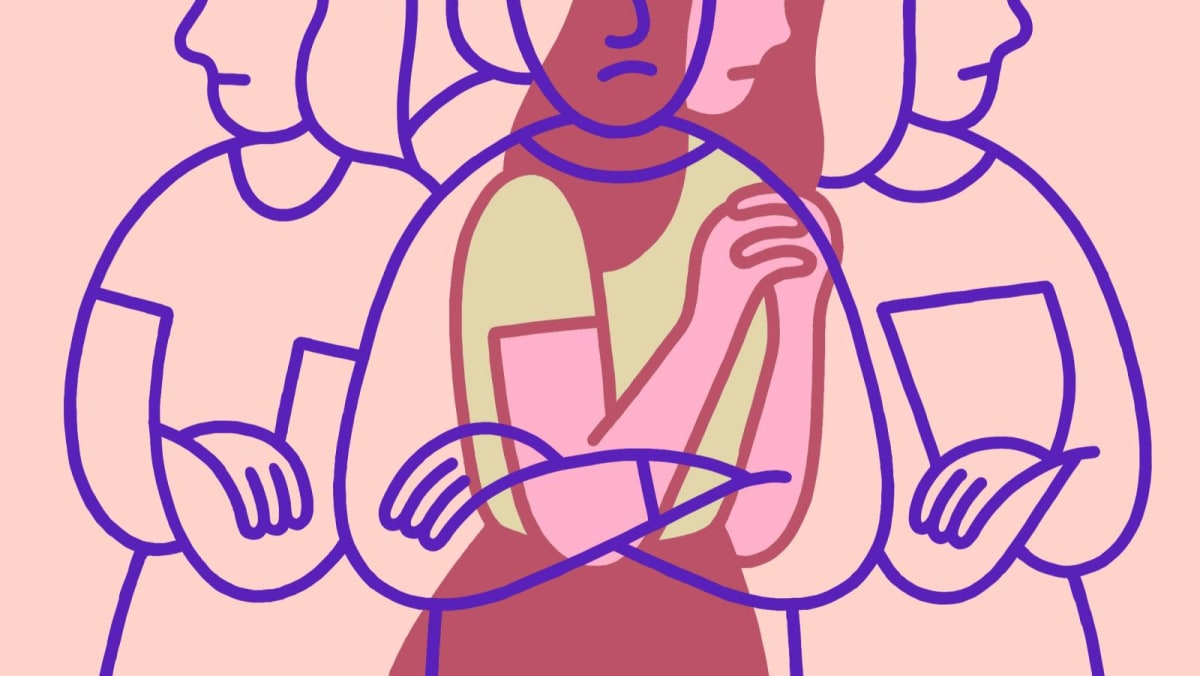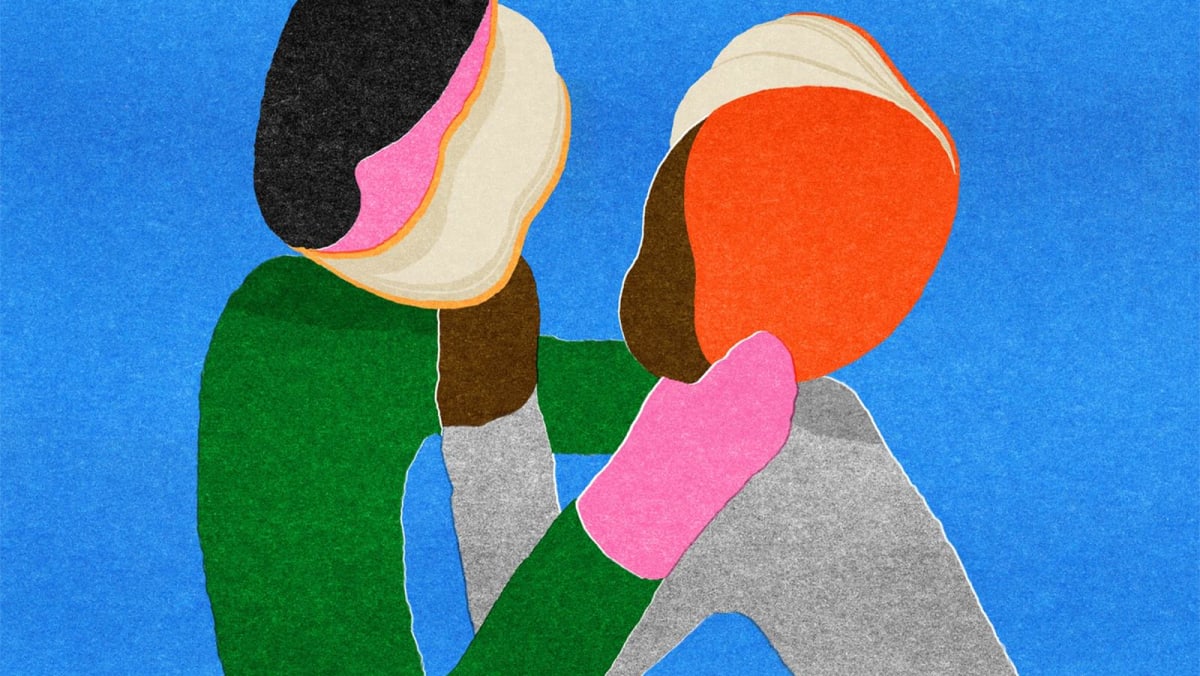Scientists think that introverts tend to already have a high level of RAS activity even without stimulation. So, when a small stimulus, such as a few drops of lemon juice, is given to introverts, they tend to salivate about 50 per cent more than extroverts, reported BBC. And because the RAS also reacts to social contact, this could mean that introverts react more strongly to meeting people, too. What’s not clear is, would the test make a good ice-breaker at parties?
CAN THESE SALIVARY GLANDS GET INFECTED?
Yes, they can. “The parotid gland tends to warrant more attention not only because it is the largest salivary gland, but also because of its prevalence as a tumour site,” cautioned Dr Ker. “Although most salivary gland tumours are benign, they are largely found in the parotid gland.”
Viral infections such as mumps also tend to occur in the parotid gland, said Dr Ker. “When the parotid gland is impacted, it is usually visible through signs of swelling of the upper cheeks, given the location of the glands.”
But hang on, aren’t you already vaccinated against mumps as a baby with the MMR (measles, mumps, rubella) combination vaccines? Can you still develop mumps as an adult? According to Statista, other than babies and preteens from ages zero to 14 years old, the next most prevalent age groups to develop mumps are the 25-34-years-old group, and the 45-54-years-old group.
“Mumps, which is the swelling of the salivary gland, can affect individuals well into adulthood even if they are vaccinated as a baby,” said Dr Ker. “This happens as the immunity provided by the MMR shots decreases over time and individuals are not as well protected long after the shot hence, when exposed, individuals can still develop painful symptoms like swelling of the jaw, fatigue and fever.”














